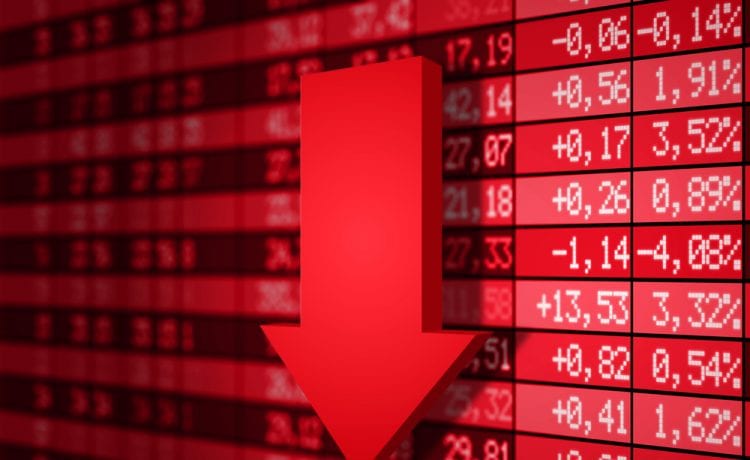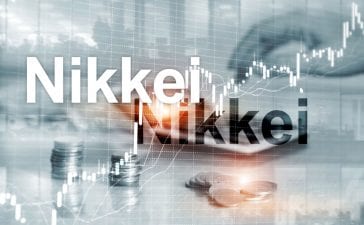The Shanghai Composite Index shed 0.6%, the Nikkei 225 lost 0.5%, and the Hang Seng gained 0.4%
Stock market Asia were mixed Friday after Wall Street sank following signs damage to the U.S. economy from the coronavirus is worsening while Congress is deadlocked over possible new aid.
Shanghai and Tokyo retreated, while Hong Kong and Seoul gained.
Investors have been encouraged by progress in developing vaccines. But optimism has been dented by rising infection numbers in the United States and some other markets, which prompted renewed curbs on business.
Overnight, Wall Street’s benchmark S&P 500 index slipped 0.1% after the government reported more people than expected applied for unemployment last week. The index hit an all-time high on Tuesday.
While the stimulus deadlock is proving to be the ultimate rally capper, it was the gnarliest of Main Street concerns that hurt sentiment, said Stephen Innes of Axi in a report.
The Shanghai Composite Index lost 0.6% to 3,351.92 and the Nikkei 225 in Tokyo shed 0.5% to 26,612.74. The Hang Seng in Hong Kong advanced 0.4% to 26.524.01.
The Kospi in Seoul advanced 0.7% to 2,765.72 while Sydney’s S&P-ASX 200 was 0.7% higher at 6,637.80. New Zealand and Singapore advanced. Jakarta declined.
U.S. stocks slipped after the government reported Thursday that 835,000 people applied for unemployment last month, the highest level since September. That meant the total number of people receiving jobless benefits rose for the first time in three months, to 5.8 million from 5.5 million. Weekly jobless claims pre-pandemic usually were about 225,000.
The S&P 500 slipped to 3,668.10, led by declines for industrial and communication stocks. The Dow Jones Industrial Average dropped 0.2%, to 29,999.26. The Nasdaq Composite rose 0.5% to 12,405.81.
On Thursday, a proposed $908 billion aid deal all but collapsed after Senate Majority Leader Mitch McConnell said Republican senators won’t support giving $160 billion to state and local governments. Republicans are pressing for a measure that would shield companies from potential coronavirus-related lawsuits.
The package would extend unemployment benefits that are due to expire Dec. 26. Without it, more than 9 million people would lose benefits, which would undercut consumer spending, the main engine of the U.S. economy.





